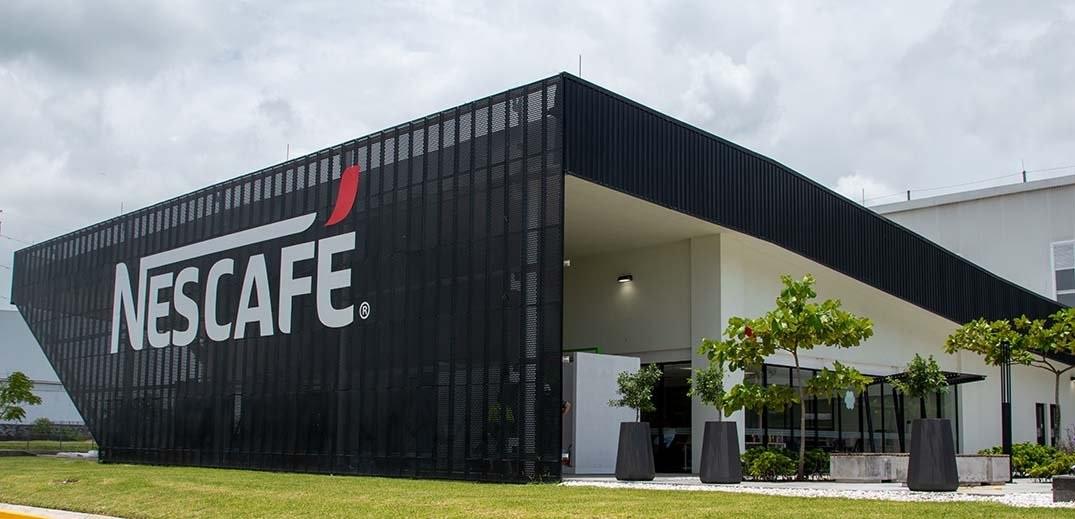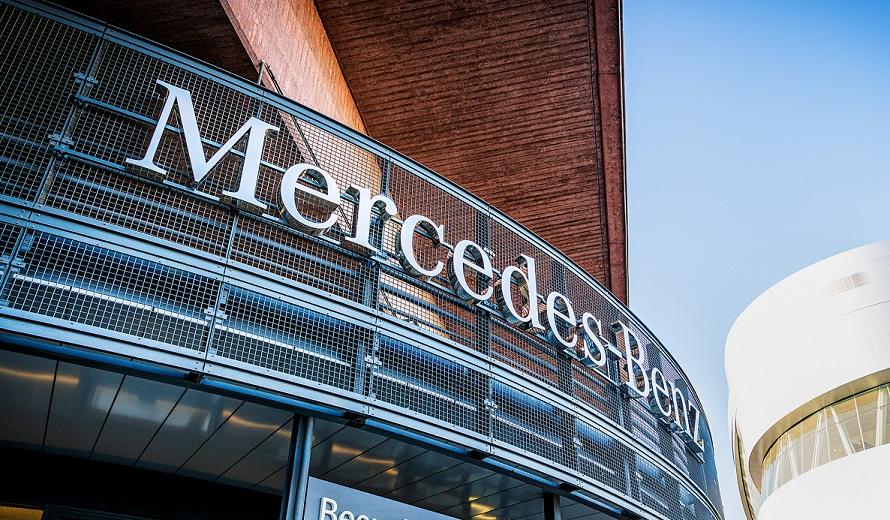Nestlé Commits Over $1 Billion to Sustainable Coffee Farming Plan
Global food and beverage company Nestlé announced today the launch of the Nescafé Plan 2030, outlining the company’s ubiquitous coffee brand’s plan to improve the sustainability of coffee farming, and helping farmers transition to regenerative agriculture practices.
Nestlé said that the brand will invest over 1 billion Swiss Francs (USD$1 billion) in the new plan by 2030.
Nestlé rolled out its initial Nescafé Plan in 2010, and has achieved a series of milestones since its launch, including reducing of scope 1 and 2 GHG emissions by 46%, and direct water withdrawal per unit of soluble coffee by 53%, and reaching 82% responsibly sourced coffee. In 2021, the company announced an additional set of commitments, including a goal to achieve 100% responsibly sourced coffee and 100% recyclable or reusable packaging by 2025.
Nestlé noted that the initiative comes as climate change represents a growing threat to coffee farmers, reducing the area suitable for coffee growing. According to the company, 125 million people depend on coffee for their livelihoods, and 80% of coffee-farming families live at or below the poverty line.
David Rennie, Head of Nestlé Coffee Brands, said:
“Climate change is putting coffee-growing areas under pressure. Building on 10 years’ experience of the Nescafé Plan, we’re accelerating our work to help tackle climate change and address social and economic challenges in the Nescafé value chains.”
Regenerative agriculture practices are aimed at addressing the environmental impact of farming, and include techniques to improve and restore ecosystems, build soil health and fertility, reduce emissions, enhance watershed management, and increase biodiversity, resulting in increased yields and more climate-resilient soils, as well as improved farmers’ livelihoods. Examples include planting cover crops to protect soil, incorporating organic fertilizers to build soil fertility, increasing the use of agroforestry and intercropping to help preserve biodiversity, and replacing coffee trees with disease and climate-change resistant varieties.
Regenerative agriculture also forms a key part of Nestlé’s Zero Net roadmap, by contributing to the capture and storage of carbon dioxide by soil. The company has committed to cutting greenhouse gas (GHG) emissions by 2030, and reaching net zero emissions by 2050.
Under the new program, Nescafé will provide farmers with training, technical assistance and high-yielding coffee plantlets, and will work with farmers to test, learn and assess the effectiveness of multiple regenerative agriculture practices. The initiatives will be focused in countries including Brazil, Vietnam, Mexico, Colombia, Côte d’Ivoire, Indonesia and Honduras, which represent 90% of the brand’s coffee sourcing.
Nestlé also outlined a new pilot financial support scheme in Mexico, Côte d’Ivoire and Indonesia aimed at accelerating the transition to regenerative agriculture, which could include measures such as providing conditional cash incentives for adopting regenerative agriculture practices, income protection using weather insurance, and greater access to credit lines for farmers.
Nestlé stated that it aims to reach 20% of coffee sourced from regenerative agricultural methods by 2025 and 50% by 2030.
Philipp Navratil, Head of Nestlé’s Coffee Strategic Business Unit, said:
“As the world’s leading coffee brand, Nescafé aims to have a real impact on coffee farming globally. We want coffee farmers to thrive as much as we want coffee to have a positive impact on the environment. Our actions can help drive change throughout the coffee industry.”





